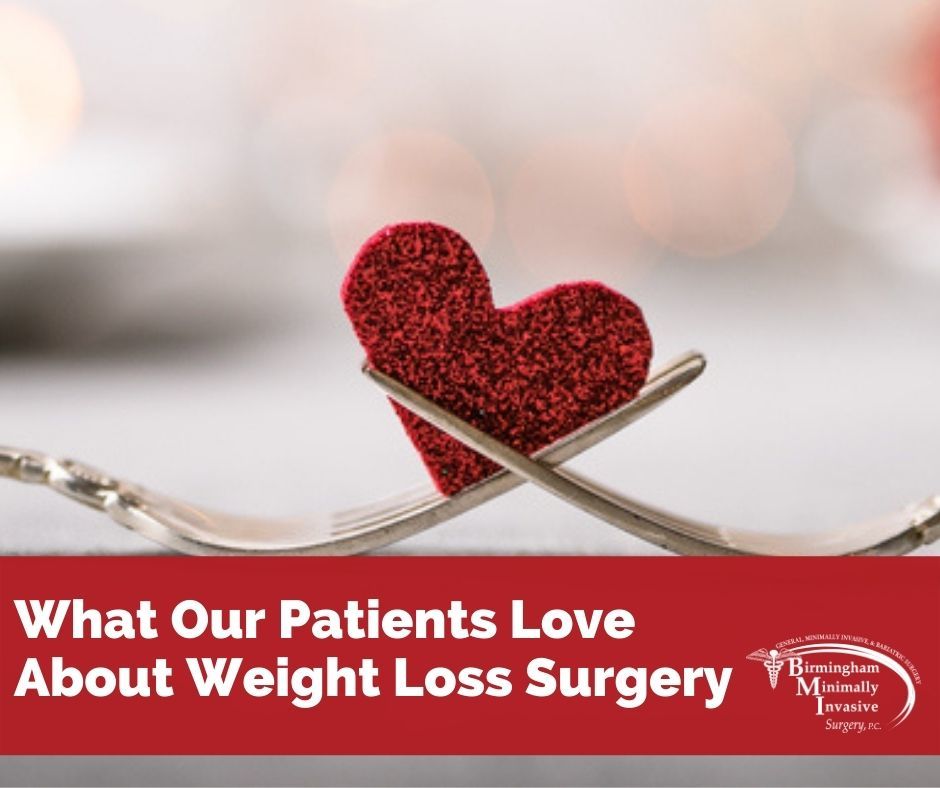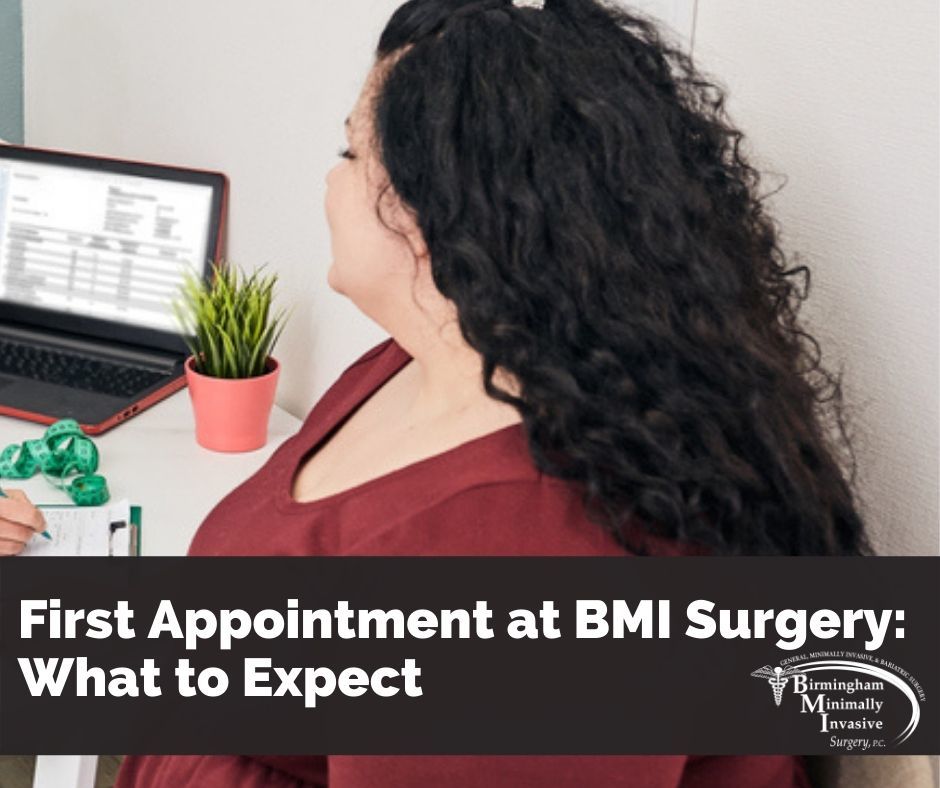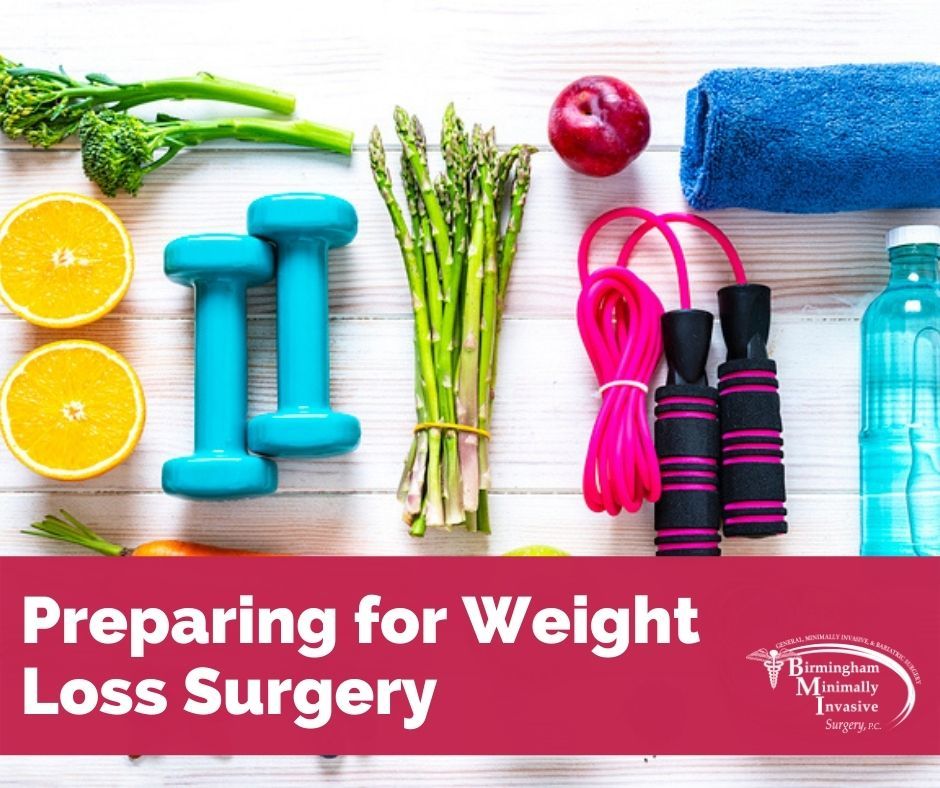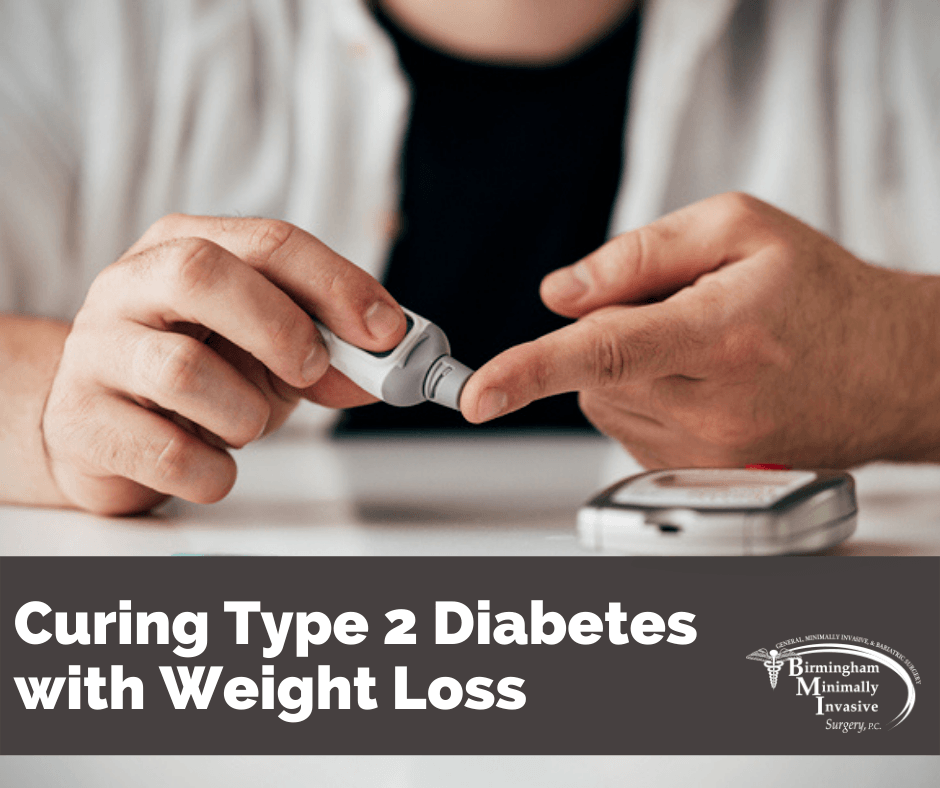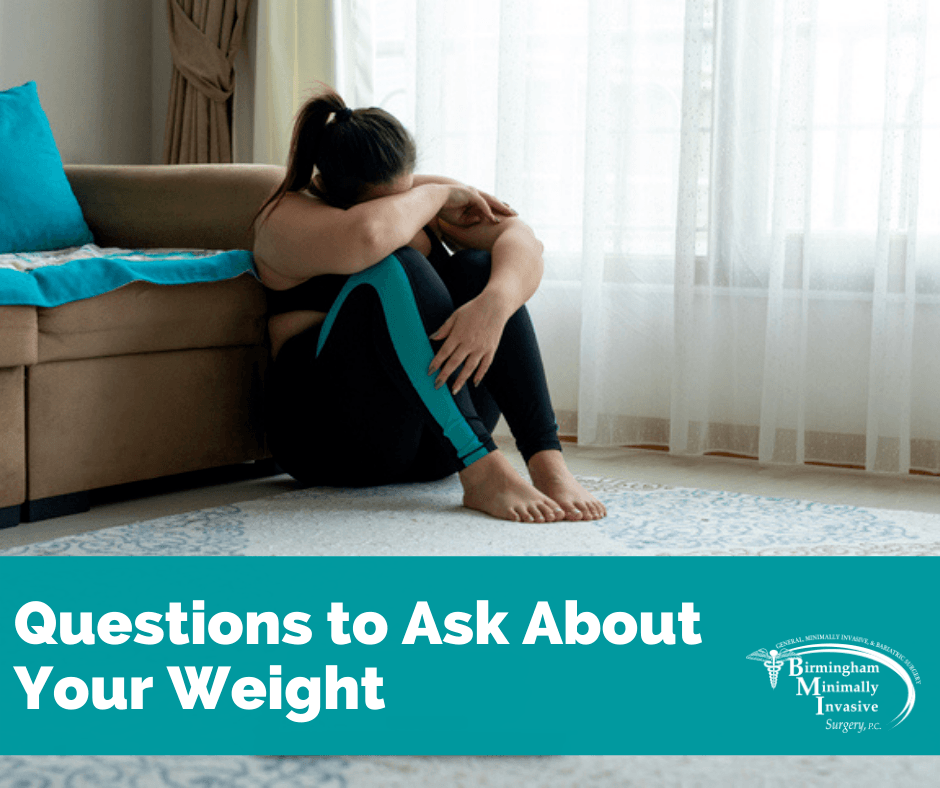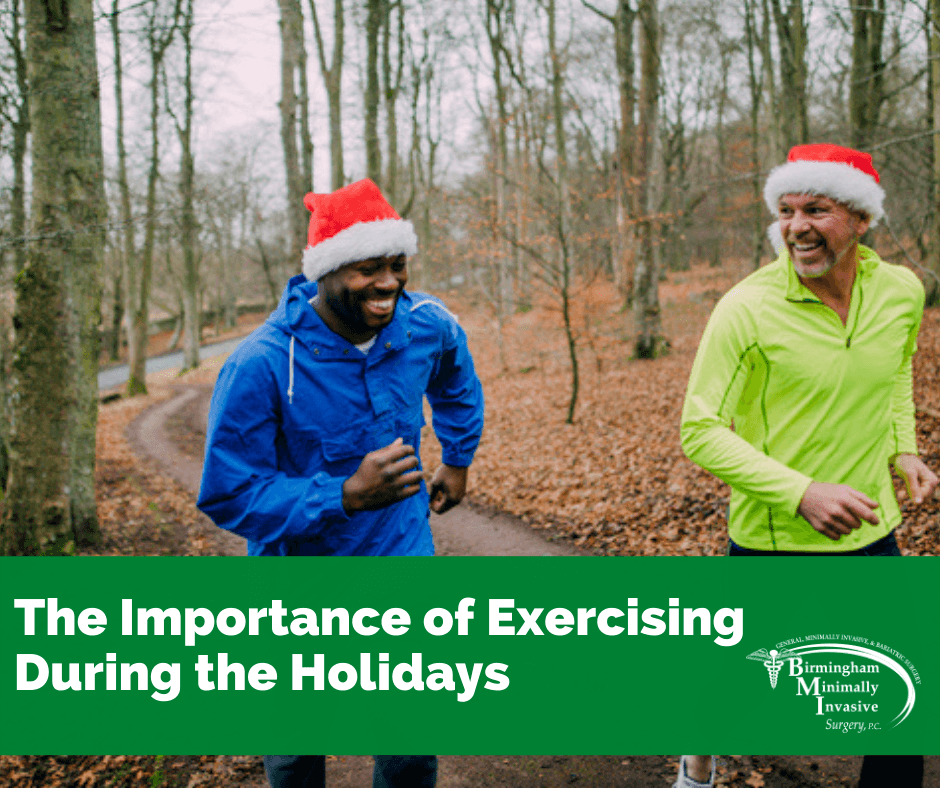

Gastric sleeve surgery, also known as sleeve gastrectomy, is one of our most popular weight loss surgery options at Birmingham Minimally Invasive. It’s a cost-effective choice, low-risk, and the success rate is high.
But since each of our patients is an individual with their own story and set of circumstances, it’s not always the right option for everyone. We work with each person to find that right option and develop a plan tailored to them specifically. Here’s more information about instances when gastric sleeve is a great option.
When Gastric Sleeve Might Be the Right Option
Gastric sleeve surgery is a laparoscopic bariatric procedure that reconfigures the stomach into a sleeve-like shape. We remove part of the stomach responsible for producing ghrelin, a hormone that tells your brain when you’re hungry. The surgery also restricts the size of the stomach, making it much harder to eat large portions. These two factors combined help you lose weight.
Some people want a very simple, straightforward procedure, and gastric sleeve fits that bill. Compared to other options, gastric sleeve is considered to be a more simple procedure. We do not reroute the intestines like we do during gastric bypass. Gastric sleeve surgery typically takes only about 30 to 45 minutes, and we perform the surgery laparoscopically. This means we avoid the need for large abdominal incisions, which typically results in less pain, shorter hospital stays, and faster recovery.
Since gastric sleeve is done laparoscopically, it’s a minimally invasive procedure. You benefit from minimally invasive surgery dramatically compared to traditional open surgery. Minimally invasive surgery offers less pain, reduced scarring, lower risk of infection, less blood loss, shorter hospital stays, quicker return to work, and less occurrence of postoperative incisional hernias.
For those who are looking for a cost-effective surgery, gastric sleeve is also a great option. Our price at BMI Surgery is $8,999. This is the best price you will find in our area because our goal is to make losing weight attainable for you. Since gastric sleeve is considered one of the less invasive weight loss procedures, we can offer it at a lower price than some other options. It requires less time to perform the surgery and a shorter hospital stay in most cases, which also affects the cost.
Also related to cost, patients can pay for gastric sleeve with or without insurance. If using insurance to cover the procedure, you must have a minimum BMI of 35 to 40, along with various other health issues, such as diabetes, sleep apnea, or heart disease. If your BMI is higher than 40, these other health issues are not required. Gastric sleeve is a good option for anyone meeting these requirements without insurance coverage as well.
For those who are looking for a fairly restrictive procedure that will allow you to lose a significant amount of weight, gastric sleeve is also a great consideration. Because gastric sleeve surgery greatly reduces the size of your stomach, it limits the amount of food you can eat at one time. After eating a small amount of food, you will feel full very quickly and continue to feel full for several hours. Depending on your pre-operative weight, you can expect to lose between 40% to 70% of your excess body weight in the first year after gastric sleeve surgery.
Gastric sleeve can be life-saving for those with other major health problems since many obesity-related conditions improve or resolve after the procedure. Diabetes, hypertension, obstructive sleep apnea, and abnormal cholesterol levels are improved or cured in more than 75% of patients undergoing gastric sleeve.
Contact Birmingham Minimally Invasive Surgery to Get Started on Your Weight Loss Journey
The caring group of professionals at Birmingham Minimally Invasive Surgery will help you get started on your weight loss journey and stay with you every step along the way. Dr. Long and his team specialize in all types of bariatric surgery, including gastric sleeve surgery, gastric bypass, and the LAP-BAND. Visit us today at http://www.bmisurgery.com/ or give us a call to set up a consultation at 205-833-6907.


